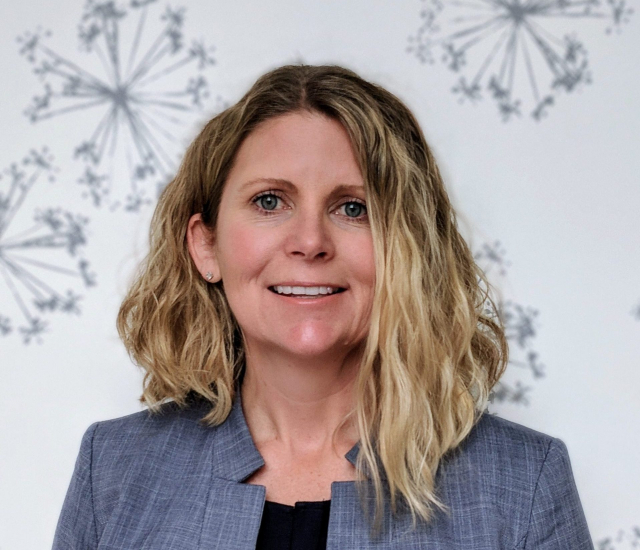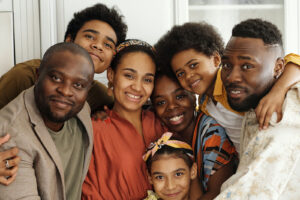For many of us, the self-imposed pressure of New Year’s resolutions can feel daunting. But what if, instead of enforcing strict resolutions and harsh rules for ourselves in the new year, we reframed this time as an opportunity to identify what brings meaning to our lives?
A recent online workshop facilitated by clinical psychologist Shannon La Cava, PsyD, of Cancer Support Community Los Angeles explored just that. Titled “A Pathway to Purpose and Meaning in the New Year,” the workshop welcomed a variety of participants from the cancer community, including newly diagnosed individuals, those in post-treatment, loved ones in bereavement and caregivers. The aim with this workshop was for each of these participants to “take away something they needed in that moment,” La Cava explains.
La Cava’s focus on meaning-focused approaches dates back to 2017, when she completed training in meaning-centered group psychotherapy at Memorial Sloan Kettering Cancer Center. She explains that she began integrating these concepts into clinical work, group settings, and educational programming. “I feel that this meaning-centered work is really valuable [for the cancer community],” she says. “It’s not ‘Step 1: Do this’ — it’s giving ourselves space and allowances.”
La Cava started the workshop with a question: Why do New Year’s resolutions make many uncomfortable? La Cava invited participants to take a closer look at the word “resolution” and consider its formality and rigidity. In reality, La Cava explained, “resolution” doesn’t necessarily align with the fact that our lives are constantly changing. Consequently, it is important to allow ourselves fluidity to adapt to whatever circumstances we’re facing at a given time.
Instead of a resolution, then, what if we welcomed the new year with a word that holds meaning for us? La Cava shared examples such as “resiliency” and “flexibility,” and invited participants to reflect on what word they would choose for themselves. This approach, she explained, encourages self-compassion instead of self-judgment.
La Cava guided participants through a series of exercises to introspect and identify meaning in their own lives. In addition to presenting various meaning-focused approaches, La Cava emphasized how these concepts can be particularly important in the world of cancer — not only for those experiencing disease, treatment and/or survivorship firsthand, but also for their families and greater communities. With the inevitable unknowns and loss of control during the cancer experience, she explained, identifying meaning can provide some comfort and alleviate stress in this incredibly difficult time.
From a list including dozens of words — including “joy,” “creativity,” “leadership” and “trust,” La Cava asked participants to each identify five personal values. Next, they were asked to narrow it to just one value. Addressing the difficulty that participants experienced with this exercise, La Cava returned to the concept of fluidity; this value is not intended to be permanent. “The value you identify today will not necessarily be the same value you identify the next time you do this exercise,” La Cava explained.

La Cava also introduced the Japanese concept of ikigai—what brings purpose to an individual’s life. She noted that ikigai does not have to be a grand achievement, but rather can be found in small, everyday experiences like enjoying the warmth of a ray of sun. She encouraged participants to identify ikigai as something that provides comfort on an individual level, regardless of anyone else’s value of that thing.
Lastly, La Cava closed the workshop with a mindful breathing and guided imagery practice. Participants were called to think about their meaning — their ikigai — and to remember that what is important to them is entirely personal and individual. She encouraged participants to take this tool with them and consider returning to it in their personal mindfulness practice.

What does La Cava hope someone applies from the workshop in the long term? She sees this workshop as an opportunity for individuals to learn about meaning-focused concepts and consider what tools might work for them. She emphasizes that individuals should focus on applying these tools to their current situation, as approaches are individual and will change over time.
“Whatever you can do now is enough,” she says.
Learn more about Cancer Support Community Los Angeles: https://www.cancersupportla.org/







